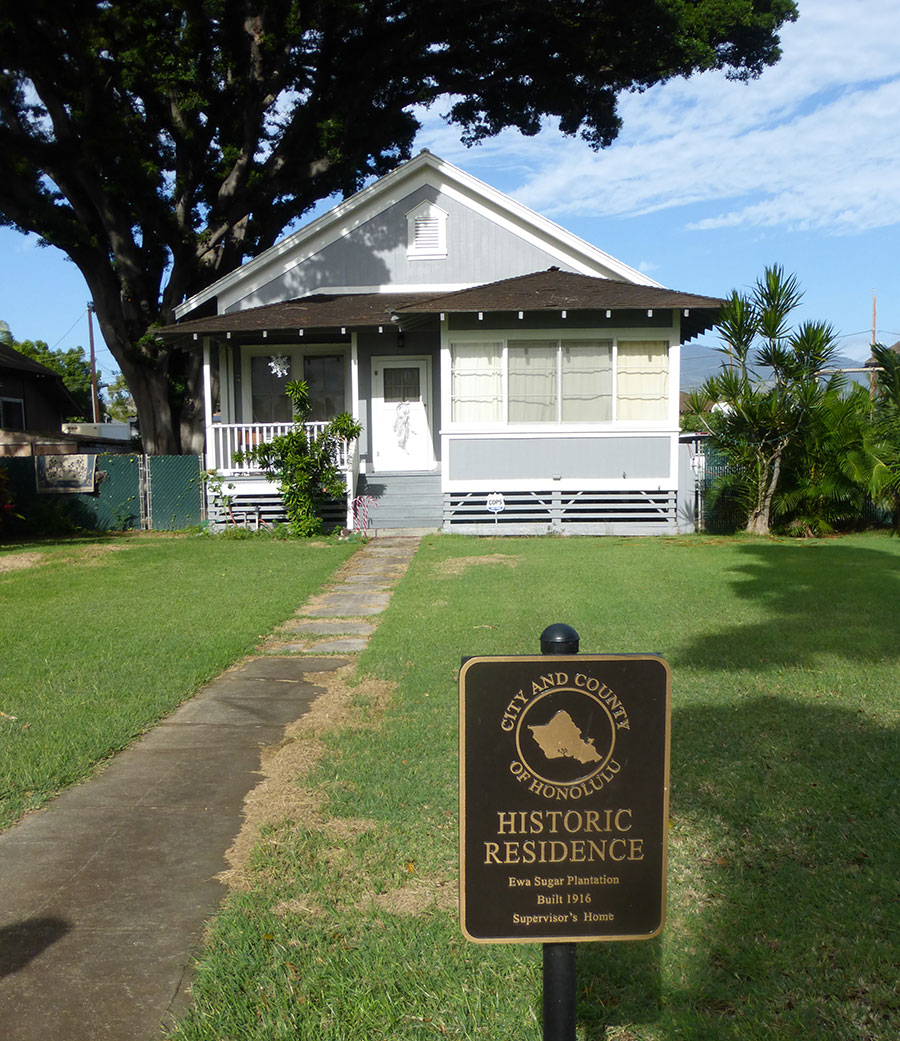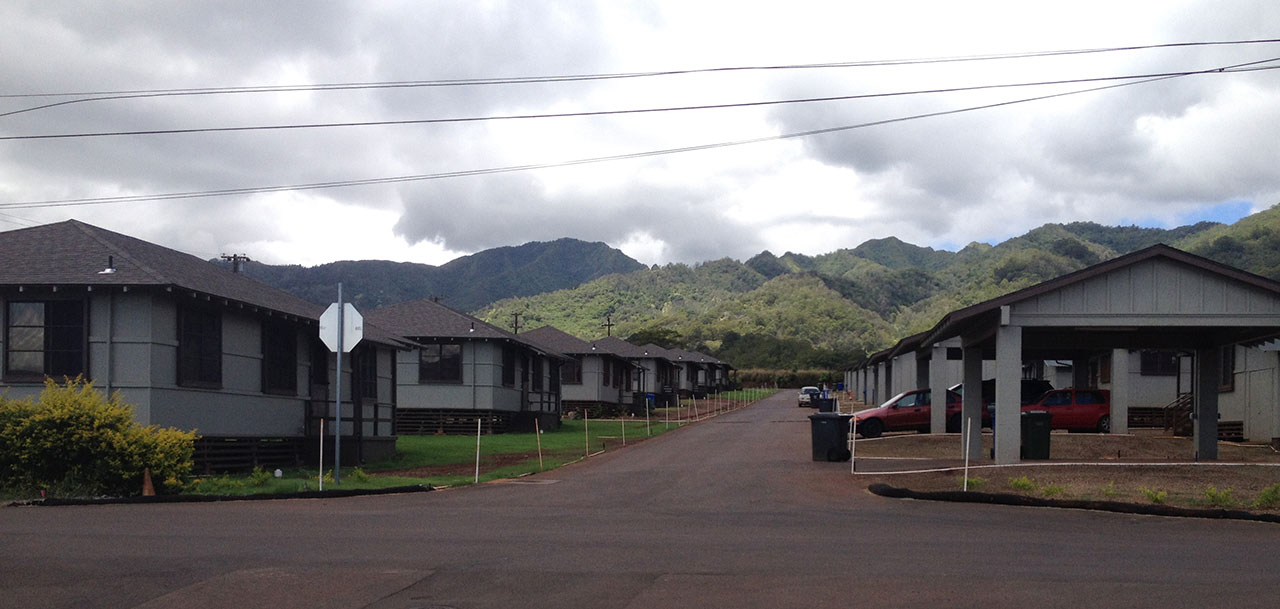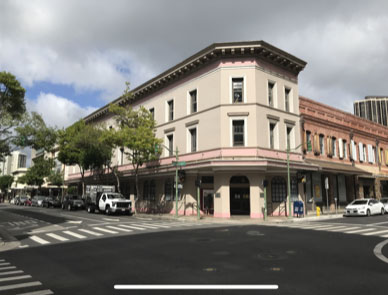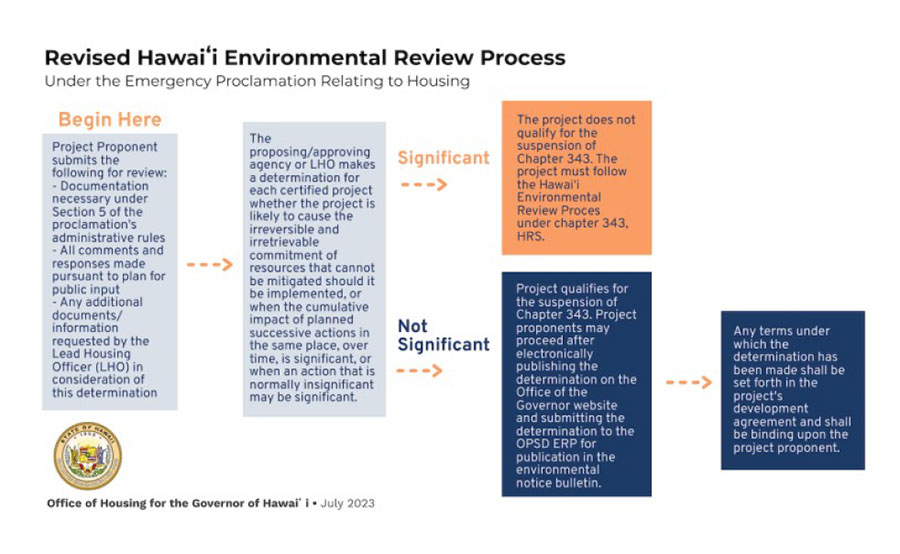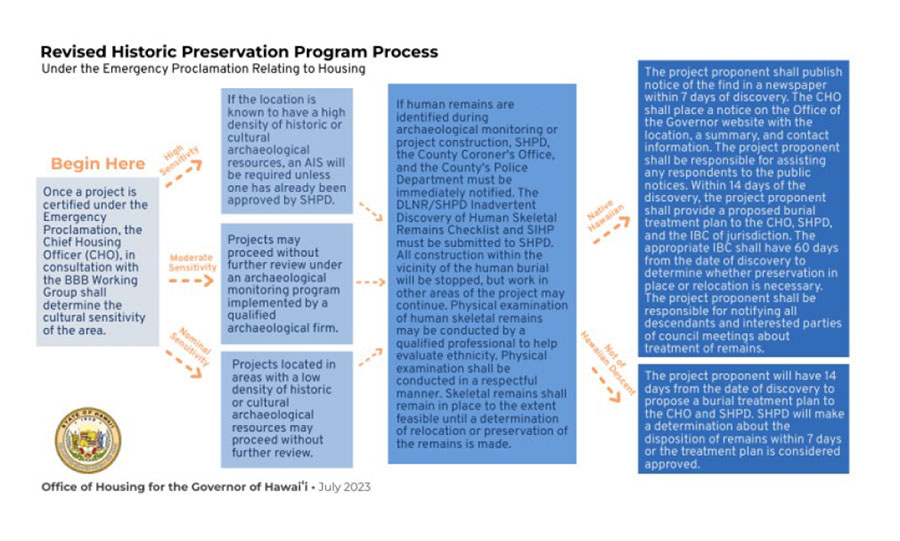Updated 10/3/2023
Governor Josh Green amended his order suspending historic preservation laws under an emergency proclamation (EP) after community outcry and concerns about the loss of protection for cultural and historic resources.
The change came with the second proclamation relating to housing, issued September 15, which revised the first proclamation first signed by Governor Green on July 17, 2023.
The original 60-day emergency proclamation suspended seven laws, including historic preservation and environmental reviews, open meeting and public notice, Land Use Commission, and others. The proclamation also applied to any type of multi-family housing, not limited to affordable or workforce units.
The exemptions from state law prompted intense community outcry—including from Historic Hawai‘i Foundation and the Society for Hawaiian Archaeology—and lawsuits filed by the Sierra Club, ACLU and others.
In making the proclamation, Green cited “lengthy and cumbersome planning, zoning, and permitting processes” and studies that have called for their streamlining. Instead of offering lasting and meaningful solutions to involved review processes, the governor suspended “all the laws that get in our way.”
The revised proclamation addressed many of the concerns. It adds “affordable” housing to the title. In a statement, Green said, “We listened to the public and we clarified that the EP is about affordable housing and for helping families affected by the housing crisis. This new EP focuses on what we all agree will push forward new affordable housing projects.” Green also stated that the EP excludes the area affected by the Lahaina wildfires, which will be handled separately.
The amended EP also reinstates the state Sunshine Law for the working group meetings and allows for public testimony; restores HRS Chapter 6E for Historic Preservation; restores HRS Chapter 343 for Environmental Impact Statements; and restores Land Use Commission authority for zoning and other approvals.
Historic Hawai‘i Foundation was pleased that the Governor listened to the concerns and took action to address them. HHF will continue to monitor the EP and efforts to both address chronic housing concerns and protect Hawai‘i’s special places.
On July 17, 2023, Governor Josh Green signed an Emergency Proclamation Related to Housing. In it, the Governor cites “lengthy and cumbersome planning, zoning, and permitting processes” and studies that have called for their streamlining. Instead of offering lasting and meaningful solutions to involved review processes, the Governor has suspended “all the laws that get in our way.”
Among the seven laws that are being suspended through the Emergency Proclamation are Chapter 6E, HRS, Historic Preservation Program, and Chapter 343, HRS, Environmental Impact Statements.
The Emergency Proclamation may have serious adverse impacts to Hawaii’s historic places, as well as the ability to provide appropriate protections for iwi kūpuna.
Historic properties can be used for affordable housing in a way that respects their character and significance while following existing laws and regulations. Examples include the rehabilitation of homes in the Kunia Camp Historic District to provide affordable rental housing for farm workers; the adaptive reuse and conversion of a bank to an affordable housing project in the Hocking Building in the Chinatown National Historic District; and the owner-occupied and rental single-family homes for former O‘ahu Sugar Plantation workers in the ‘Ewa Villages Historic District. All of these projects are supported by tax incentives for rehabilitation of historic properties and follow the standards for preservation
We agree that affordable housing is one of the most pressing issues facing the state. However, historic preservation and environmental protections are themselves important societal objectives. The State of Hawai‘i cannot place the already endangered and irreplaceable cultural and natural resources of our islands at further risk. The environmental and cultural resources that Chapter 6E and Chapter 343 aim to safeguard are not renewable resources; once they are destroyed to make way for development, they can never be restored.
The proclamation suspends all state laws protecting cultural resources, including archaeological sites, historic architecture, and burials. It strips authority from a team of trained professionals at the State Historic Preservation Division (SHPD) who have specific expertise in the historic preservation review process. This authority has been transferred into the hands of a single individual, a Lead Housing Officer (LHO) who has no qualifications or expertise to make decisions about historic preservation.
Under this scheme, the LHO will consult with—but not be bound by the recommendations of—a Working Group of representatives from state agencies and other organizations, the majority of whom likewise have no historic preservation expertise. The LHO and Working Group are charged with the goal to “steward housing projects through the development process.” Preserving and safeguarding Hawaii’s irreplaceable cultural heritage is incidental to, and may be sacrificed for, these projects.
Cultural identity and historic places should not be sacrificed as collateral damage to other societal needs or issues. Indeed, the purpose of the historic preservation review process is to find ways that the State of Hawai‘i can both house its people and honor the Islands’ history in ways that allow present and future generations to learn from the past and inspire a better future.


